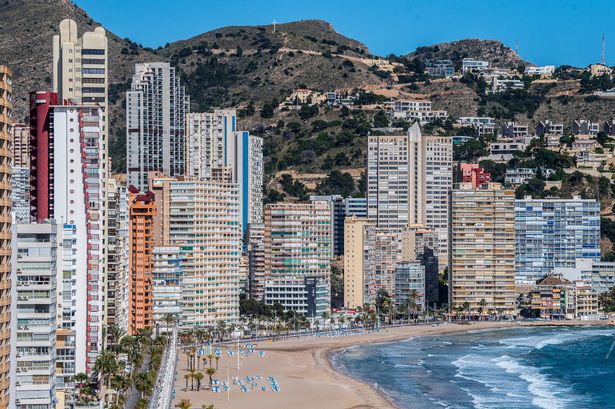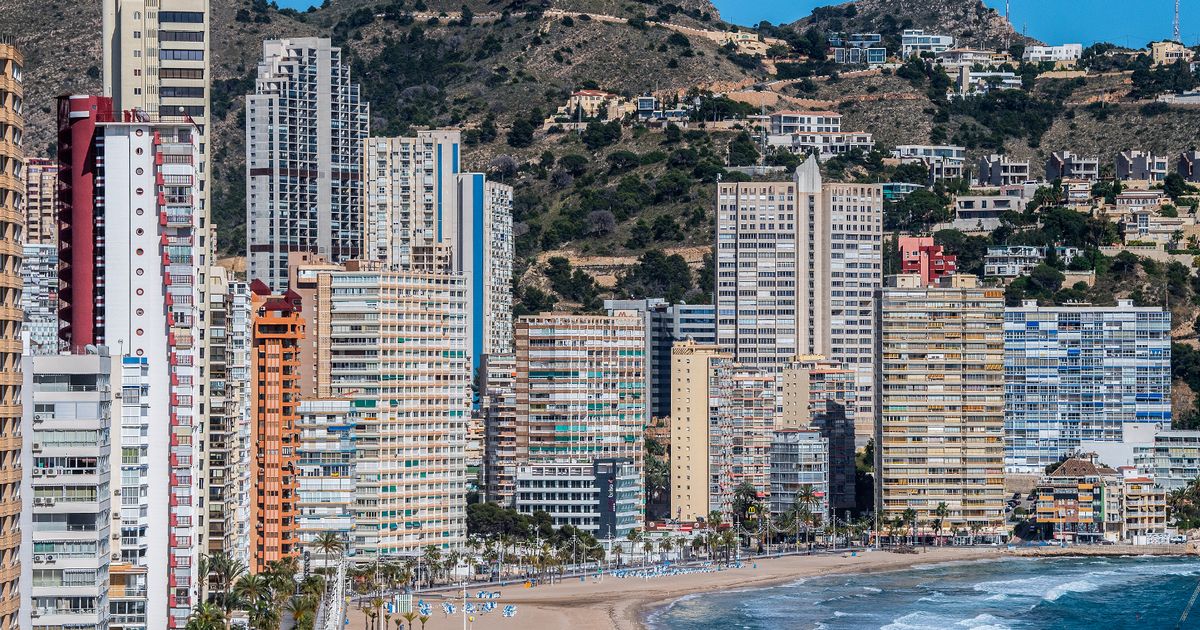The issue of property in Spain has been very pressing for many in government and on a local level The housing crisis has been ongoing, and the source of civil disruption in Spain(Image: Getty Images)
The housing crisis has been ongoing, and the source of civil disruption in Spain(Image: Getty Images)
The Spanish government has announced that thousands of illegal tourist flats will be converted into permanent housing after they failed to meet regulations. Specifically, 53,000 properties that did not comply with the national Single Register of Tourist and Seasonal Accommodations will now be available as rentals for residents.
Prime Minister Pedro Sánchez wrote last weekend (14 September) “We will demand that platforms remove 53,000 tourist flats for failing to comply with regulations. So that they can become permanent rentals for young people and families in this country”.
Starting July 1, 2025, Spain implemented a nationwide system called the single rental registry to identify and verify all properties designated for temporary rentals. If a property is not registered, it cannot be legally advertised online.
The Spanish Ministry of Housing has instructed accommodation platforms, such as Airbnb and Booking.com, to remove advertisements for properties that violate these regulations. According to Airbnb and the Ministry, less than 10% of the listings that were rejected by the registry are found on Airbnb.
An Airbnb spokesperson stated, “The vast majority of non-compliant listings are not on Airbnb. So we are calling on other platforms to join Airbnb’s ongoing enforcement effort with local authorities.”
The rental platform also reported that 70,000 more Airbnb listings have shown a registration number since January.
Airbnb added, “Those listings (that show a registration number) are the ones that our customers love, leaving us with no significant business impact. We are setting the ground for a new and resilient business model in Spain.”
In total, 16,740 tourist flats that were withdrawn were found in Andalusia, 8,698 in the Canary Islands, and 7,499 in the Valencian Community. Among Spanish cities, Seville experienced 2,289 cancelled registrations, Marbella had 1,802, Barcelona saw 1,564, and Malaga had 1,471.
In June, a Spanish court upheld an order requiring Airbnb to block nearly 66,000 rental listings across the country, rejecting an appeal from the online platform.
The Consumer Rights Ministry had previously flagged these listings for violations and had issued an order last month for Airbnb to remove 65,935 properties. Of these, 5,800 were identified for immediate removal.
Part of the major movement against tourists in popular Spanish destinations are rooted in the ability to find affordable housing, as many developers buy properties to exclusively let them out to holidaymakers.
Protesters found themselves pushed out of their own cities in the mounting housing crisis, with this being just the latest legislative step in getting locals onto the property ladder.
